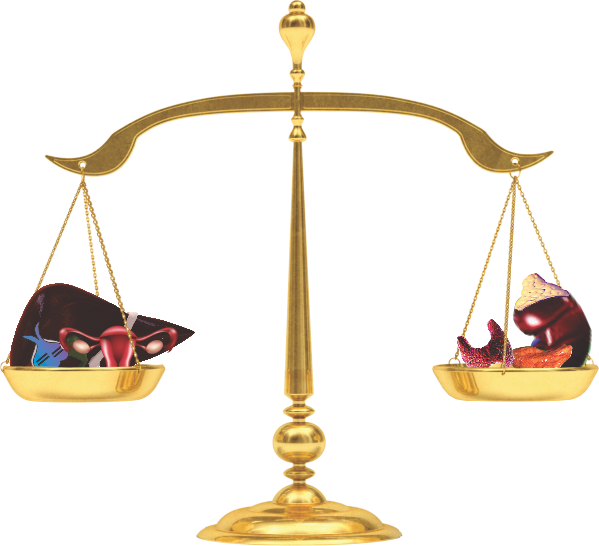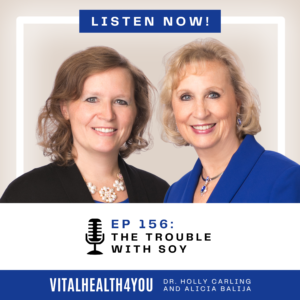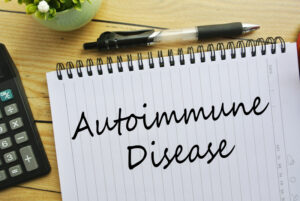The topic of hormones is riddled with hot debate. If our hormones are out of balance, do we use prescription synthetic hormones or “Bio-Identical Hormones”? Are we better off using herbs or soy or another remedy? The schools of thought on this topic vary widely.
What are hormones? They are highly active chemical messengers that control, regulate, set into action or speed up cells, tissues and organs. They control lots of parts of the body at the same time. The Endocrine System, which makes up all the organs and glands which secrete hormones, is a complex system. There is a strong interdependence between all of them. When one hormone is released, it affects many other hormones. This works by extensive feedback loops (for instance if there is too much hormone secreted by a gland, it feeds back a message to another gland to slow its production or secretion) that can create a domino effect throughout the body’s entire hormone balance. It is a system that cannot be micro-managed, yet everyone seems to be trying to do exactly that.
So what’s wrong with micro-managing the endocrine system? You cause a ricochet effect. Side effects become something that then has to be dealt with. For instance, let’s take the thyroid. Hypothyroidism is increasing in dramatic proportions. The answer for many is to take a synthetic medication, designed to replace the hormones the body is not secreting enough of. They are “designer hormones” which are intended to duplicate the action of the missing hormones, but not exactly. The result is that if not dosed precisely, the feedback loop will affect the output of the pituitary glands’ hormones. Since the pituitary gland is the “Master Controller” of the entire Endocrine System, when you affect the pituitary, the whole system – every organ and gland – tries to adjust. When it can’t, it’s called “side-effects”.
But why aren’t you getting enough hormones in the first place? That’s the part that seems to get neglected. It makes more sense to get the sluggish gland “off its tush” (so to speak) and do its job! When you give the body a hormone – bio-identical or synthetic, the gland becomes lazier. It would be akin to having a 40 year old son still living at home and you want him to work. Every day you tell him to get out and find a job. But as he’s walking out the door you hand him a $100 bill. He’s making about $3,000.00 a month just by walking out the door! What incentive is there for him to work? The same is true of our bodies. Those glands just become lazy and their function diminishes. Where’s the benefit?
This is true of prescribed as well as some of the safer more natural remedies. Melatonin and DHEA are prime examples. They are end-product “hormones” that replace the body’s incentive to work. After awhile the user becomes dependent upon them. Without the DHEA they get more tired so they don’t want to quit taking it. A better option would be to get the adrenals themselves working better, and then there would no longer be a need for DHEA. If you got the pineal gland working to par, then you wouldn’t need melatonin.
But we also have to stop doing the things which create glandular weakness in the first place. Sugar, coffee, alcohol and stress adversely affect adrenal function. Our bodies were never designed to deal with prolonged stress. Therefore stress management techniques are helpful here. Eating foods that naturally rebuild the adrenals on a regular basis and avoiding detrimental foods are some simpler remedies, but there is much more you can do to rebuild the adrenals without doing hormone replacement with DHEA.
In fact there is much you can do to get the entire endocrine system – especially your ovaries (or your adrenals when your ovaries have been removed or retired), thyroid, pancreas (blood sugar & digestion), pituitary, liver and female or male hormones functioning properly again. I briefly mentioned avoiding detrimental foods that can interfere with function, but you can also balance your endocrine system with acupuncture. Acupuncture has the ability to improve the function of all your systems, especially the endocrine system.
©2005 Holly A. Carling, O.M.D., L.Ac., Ph.D.







